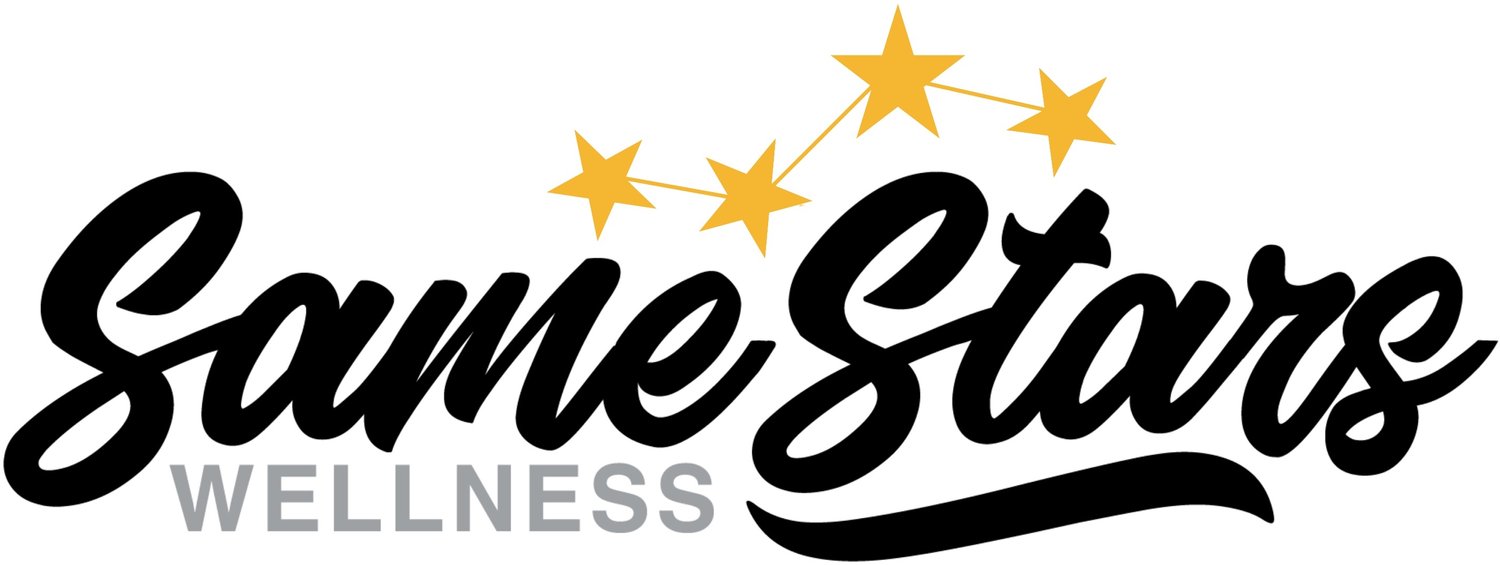Respecting Neurodivergent Patients: Consent & Staying in Scope as an RMT
Respect Is the Foundation
As Registered Massage Therapists (RMTs), many of us will work with neurodivergent patients—those with ADHD, Autism Spectrum Disorder (ASD), or sensory processing differences. While massage therapy can support regulation, comfort, and body awareness, it’s essential that we provide care that is respectful, consent-based, and firmly within our scope of practice.
Respecting neurodivergent patients means slowing down, listening, and adapting our approach to ensure treatment feels safe. It also means knowing where massage therapy fits—and where it does not.
Why Consent Is Especially Important
Consent is always a cornerstone of massage therapy, but for neurodivergent patients, it becomes even more critical. Many experience:
Heightened sensory sensitivities (touch, light, sound, scent).
Difficulty with unpredictability (sudden changes can feel overwhelming).
Past negative experiences with healthcare, where autonomy wasn’t respected.
Practical Tips for RMTs
Ask before every step — “Would you like me to start with your shoulders or your back?”
Offer choices — pressure, positioning, or environment (“Would you prefer lights dimmed or brighter?”).
Check in often — don’t assume silence means consent; use verbal and non-verbal cues.
Accept “no” gracefully — respect refusals without trying to “convince” the patient.
👉 Consent isn’t a one-time question—it’s an ongoing dialogue throughout the appointment.
Staying in Scope of Practice
While massage therapy can make a real difference for neurodivergent patients, it’s important to remember that:
RMTs do not diagnose ADHD, autism, or sensory disorders.
We don’t offer behavioral therapy, occupational therapy, or psychological counseling.
What we do provide is safe, evidence-informed bodywork that supports comfort, regulation, and relaxation.
Staying in scope means:
Focusing on the body — touch, movement, relaxation, and awareness.
Collaborating with other providers — referring to OTs, SLPs, psychologists, or physicians when appropriate.
Using clinical language carefully — describe what you observe (e.g., “patient appeared overstimulated”) without pathologizing.
Documenting clearly — focus on care provided, not speculation about diagnoses.
How Respect & Scope Work Together
Respect and scope aren’t separate—they reinforce each other. When you stay in scope and prioritize consent:
Patients feel safe, respected, and in control.
You avoid overstepping into areas outside your training.
Families and caregivers trust your professionalism, leading to stronger referrals.
You elevate the profession by practicing as a healthcare provider—not as a “fixer.”
Final Thoughts
For neurodivergent patients, respect isn’t optional—it’s essential. Consent-based care and staying in scope are what make massage therapy safe, effective, and inclusive.
As RMTs, we don’t need to “do it all.” What matters is creating a safe space, listening carefully, and offering bodywork that supports patients exactly where they are.
Call to Action
At Same Stars Academy, we help RMTs expand their skills in neurodivergent care, consent-based practice, and scope alignment. Our Advanced Massage Therapy for Neurodivergent Patients course gives you the tools to confidently treat patients with ADHD, autism, and sensory processing differences—without stepping outside your scope.
👉 Register today and strengthen your practice with evidence-based, inclusive care.
💙 Are you or your loved one living with chronic pain, disability, or navigating complex care? Our team at Same Stars Wellness provides safe, inclusive treatments for children, adults, and families.
👉 Book an appointment today or call us at 403-452-6783.

